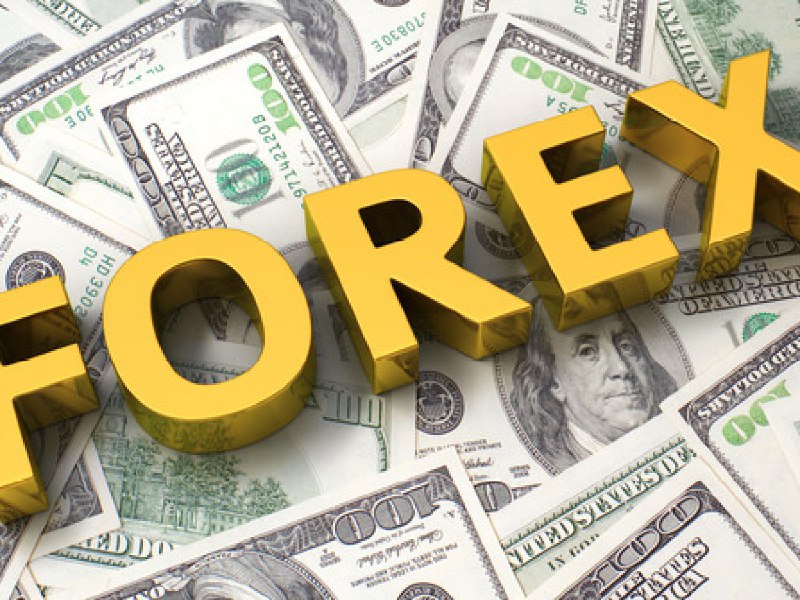Published
3 years agoon

The Centre for Promotion of Private Enterprises (CPPE) has again urged the Central Bank of Nigeria (CBN) to adopt a flexible exchange rate regime to end forex shortage and fix naira devaluation.
In a note signed by its CEO, Muda Yusuf, analyzing the economy of the country in the first quarter of the year, the Centre reiterated its proposition that it is high time the country adopted a flexible exchange rate policy regime.
Yusuf identified benefits of a flexible exchange rate model to include enhancement of liquidity in the foreign exchange market; reduction of uncertainty in the foreign exchange market and therefore enhances the confidence of investors; and more transparency as mechanism for forex allocation.
Other gains of the a flexible exchange rate regime, according to the centre, include elimination of discretion in the allocation of forex; reduction of opportunities for round tripping and other sharp practices; enhancement of the credibility of the foreign exchange market; and reduction in the multiplicity of exchange rates.
This suggestion followed the sharp and increasing currency depreciation in the parallel market that remains a cause for concern.
Yusuf described this as a trend that should not be allowed to continue, adding that all necessary steps need to be taken urgently to stem the slide and volatility.
“It is as much of a concern to investors and consumers as it is to producers and other stakeholders that create value in the economy. It calls for an urgent review of the current foreign exchange policy.
“The current rigid stance of the CBN on the foreign exchange policy is hurting investors, creating distortions and retarding the recovery prospects of the Nigerian economy. For most businesses, the parallel market is now the default foreign exchange market,” Yusuf said.
While he clarify that the exchange rate regime is not a call for currency devaluation, he explained that rather; it is a pricing framework that reflects the demand and supply fundamentals.
“It is a model that is sustainable, predictable and transparent. It would reduce uncertainty and inspire the confidence of investors. It would minimize discretion and arbitrage in the foreign exchange allocation mechanism,” he said.
Devaluation on the other hand, he explained, is a policy choice often adopted to boost export and discourage imports.
According to him, countries adopt this measure, not necessarily because they have a foreign exchange or balance of payment crisis; but as deliberate trade policy strategy to make their exports cheaper.
How fixed exchange rate regime affects Nigeria
On the other, Yusuf said a fixed exchange rate regime creates unfavourable outcomes including the following:
Policy Options
In the light of the foregoing, the Centre further recommended certain policy options to fix the current forex crisis in the short to medium term.















